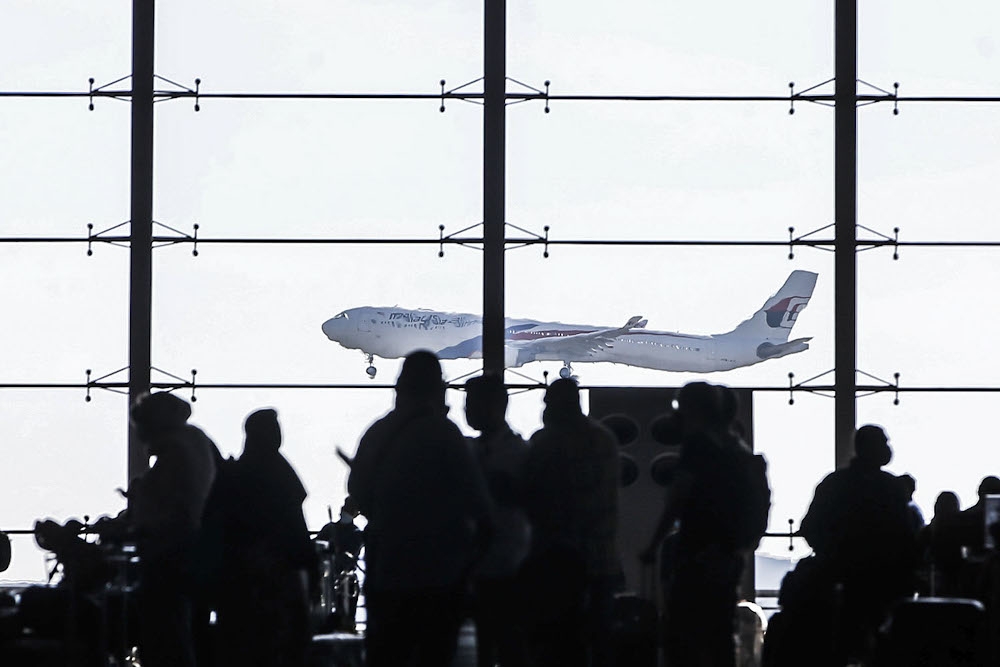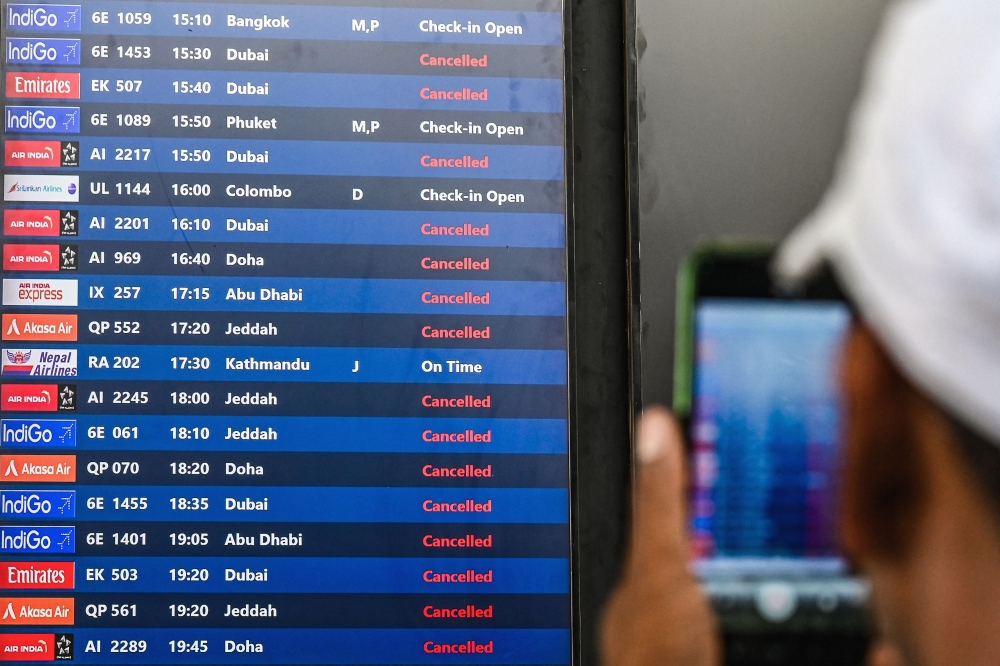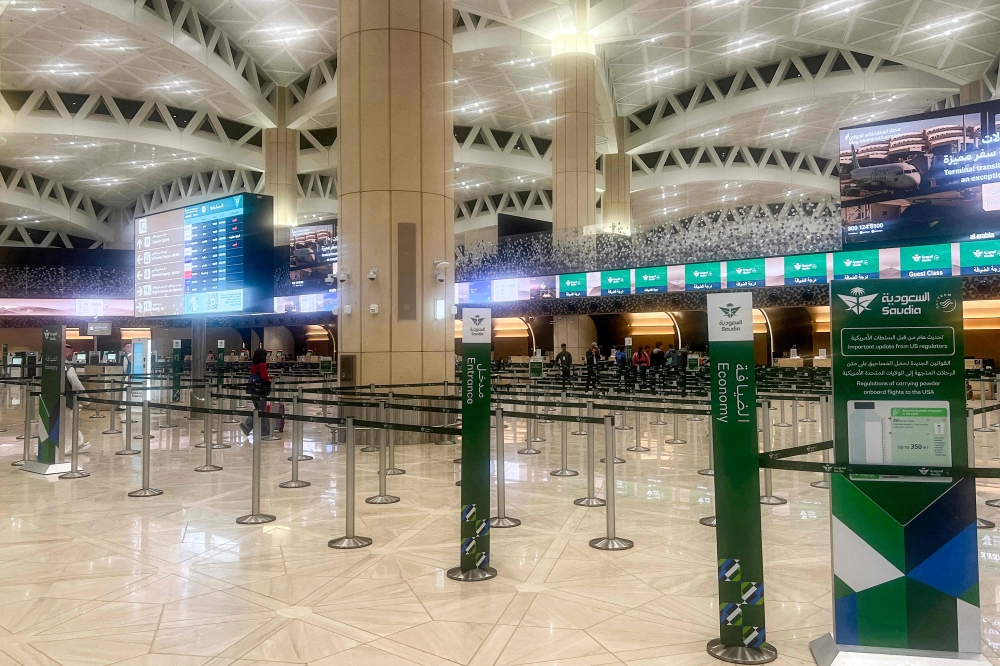KUALA LUMPUR, Nov 8 — Gig economy workers in the country are not included under the definition of a worker under the Employment Act 1955 (Act 265); Labour Ordinance (Sabah Chapter 67) and the Labour Ordinance (Sarawak Chapter 76), the Dewan Rakyat was told today.
Deputy Human Resource Minister Datuk Awang Hashim said that thus far, there was no record or filing of labour cases regarding this group of gig workers that could be used as a benchmark (or a test case) that would allow gig economy workers to enjoy similar benefits as workers as clearly defined under the country’s labour law.
“Under the gig employment system and contract for service as agreed, gig economy workers are not subject to the National Wages Consultative Council Act 2011 (Act 732) and the Minimum Wages Order (PGM) 2020,” he said, during a question and answer session at the Dewan Rakyat today.
However, he said that the government, under the Self-employment Social Security Act 2017 (Act 789), provided social security protection to self-employed individuals, including gig economy workers such as those doing food delivery and e-hailing services, if they made contribution under the act.
He said this when replying to questions from Datuk Seri Salahuddin Ayub (PH-Pulai) and Datuk Seri Dzulkefly Ahmad (PH-Kuala Selangor) who wanted clarification whether the government has plans to introduce a minimum wage under the gig economy business industry, similar to what has been practised in the United Kingdom (UK).
Citing the Uber versus Aslam case in the UK, Awang said that gig economy workers in the UK received minimum wage protection, after workers complained about the constantly changing delivery wage rates.
He also explained that Act 732 and PGM 2020 are applicable to every worker in the private sector except for domestic services as defined under the Employment Act 1955 (Act 265); Labour Ordinance (Sabah Chapter 67) and the Labour Ordinance (Sarawak Chapter 76).
He said that the definition of a “worker” under Act 265, Labour Ordinance (Sabah Chapter 67) and Labour Ordinance (Sarawak Chapter 76) are individuals who are bound under a service contract with their employers.
Gig economy workers are individuals who are self-employed and free, and are focused only on the job scope and the duration that has been decided with the payment already agreed upon.
The gig characteristic and work system enable both the organisation and workers to operate under a contract that is more flexible and more open, without being tied to full-time workers and an office environment.
In his reply to a question from Ahmad Hassan (Warisan-Papar) regarding policies and new programmes to create a new source of income while retaining the existing staff in Sabah, Awang said that the government will introduce several new initiatives so that new job opportunities can be created and offered to all levels of job-seekers.
“In an economic environment that is still in the recovery phase, the government, via the Social Security Organisation (Socso), has introduced Hiring Incentives and Training Programmes, as well as Mobility Assistance under Penjana (National Economic Recovery Plan) to stimulate recruitment by employers,” he said. — Bernama



















